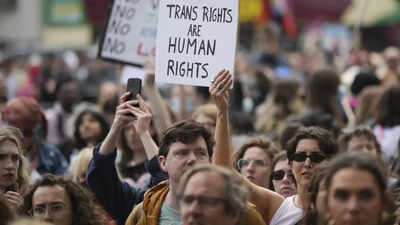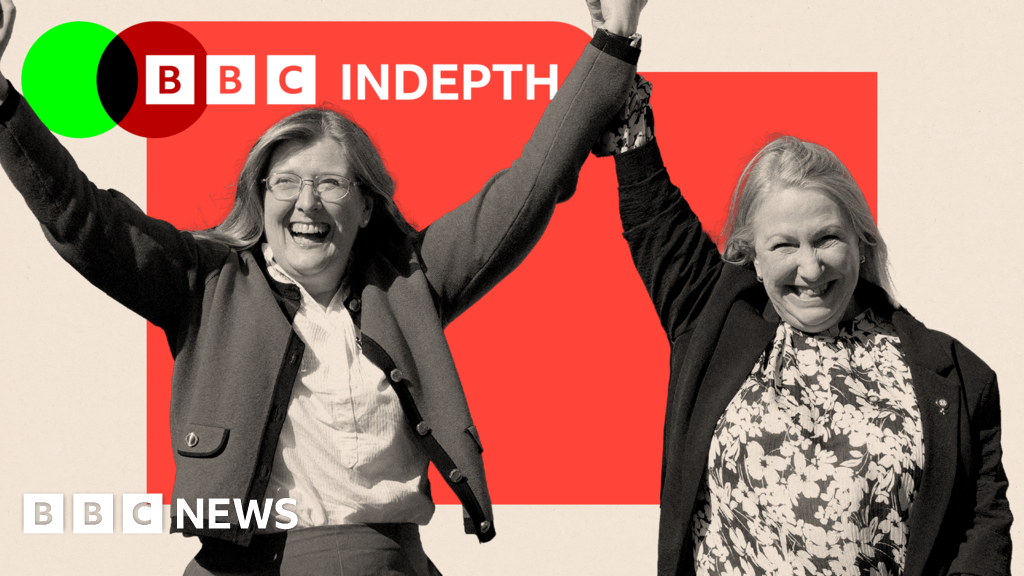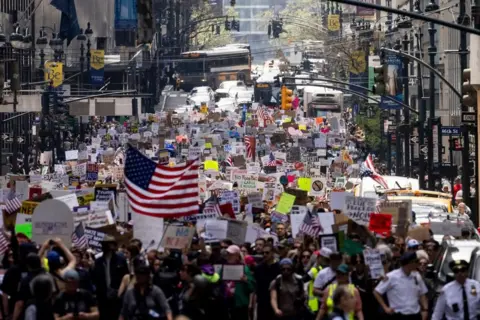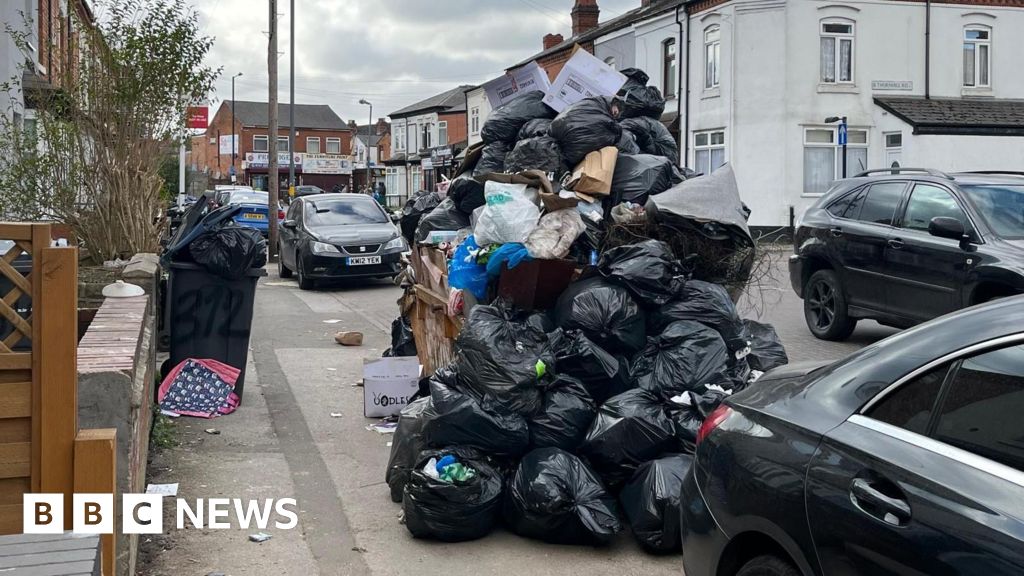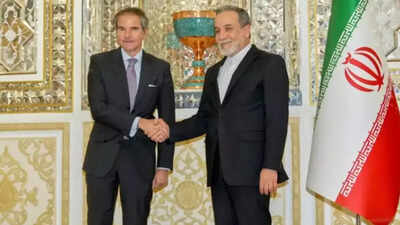Saudi Defense Minister's Historic Visit to Iran Ahead of Crucial Nuclear Talks

In a significant diplomatic development, Saudi Arabias defense minister, Prince Khalid bin Salman, met with senior officials from Iran in Tehran on Thursday. This visit comes just days before Iran is scheduled to engage in the second round of discussions with the United States regarding its controversial nuclear program, a matter that has raised tensions not only in the region but across the globe.
Prince Khalid, who is the younger brother of Crown Prince Mohammed bin Salman and a prominent figure in the Saudi royal hierarchy, is the highest-ranking Saudi royal to visit Iran in decades. His trip underscores the growing concerns among Arab states about the potential for renewed conflict in the Middle East if diplomatic efforts fail to address the escalating standoff between Iran and the United States.
Ali Shihabi, a commentator with close ties to the Saudi royal court, emphasized the importance of this visit, stating, Saudi is clearly sending a message to Tehran that it will not be a conduit in any fashion towards an attack on Iran. He further noted that Saudi Arabia supports President Donald Trumps initiative to find a diplomatic resolution to the nuclear crisis, reflecting the kingdoms desire to avoid military confrontation.
The Saudi state news agency announced that Prince Khalid's discussions would focus on bilateral relations and issues of mutual concern. This marks a notable shift in Saudi Arabias approach, as it has long viewed Iran as a primary regional adversary, especially in light of Irans nuclear ambitions and its support for militant groups that threaten stability.
On the American front, US envoy Steve Witkoff is set to meet with Iranian Foreign Minister Abbas Araghchi on Saturday. This meeting is part of the Trump administrations continued pressure on Tehran to reach a deal that would significantly limit its nuclear activities. While President Trump has expressed a desire for a diplomatic resolution, he has simultaneously threatened military action should Iran refuse to comply with US demands. As a result, additional American military forces, including a second aircraft carrier and bombers, have been deployed to the region as a show of force.
Saudi Arabias apprehensions about Iran's nuclear plans are well-founded, given their history of viewing Tehran as a destabilizing force in the region. The kingdom has long been concerned that any military action taken by the US or Israel could prompt retaliation from Iran, potentially targeting its crucial oil infrastructure directly or through proxy groups.
During President Trump's first term, Prince Mohammed bin Salman was a vocal supporter of the decision to abandon the 2015 nuclear accord that Iran had signed with world powers, which had previously lifted sanctions in exchange for limitations on Irans nuclear program. Following this withdrawal, a series of harsh sanctions were enacted as part of a maximum pressure campaign against Tehran.
However, Saudi Arabia faced a significant challenge in 2019 when a sophisticated missile and drone attack, attributed to Iran, struck the heart of its oil facilities, momentarily crippling half of the kingdom's crude production. This incident prompted Riyadh to seek de-escalation with Tehran, culminating in March 2023 when the two nations agreed to restore diplomatic relations after a seven-year freeze, facilitated by Chinese mediation.
As part of Prince Khalids delegation to Iran, the Saudi ambassador to Yemen accompanied him. This is particularly relevant as Saudi Arabia has been engaged in a protracted conflict with Iran-backed Houthi rebels in Yemen. The kingdom has made significant efforts to withdraw from this conflict, having agreed to a fragile truce in 2022. However, peace talks have stalled following Houthi attacks on maritime shipping in the Red Sea.
Interestingly, Saudi Arabia has chosen to refrain from direct involvement in US initiatives aimed at deterring Houthi attacks, despite the Trump administrations escalating military response against the rebels.
Moreover, the Saudi leadership is cautious about inflaming tensions with Iran, especially after the recent escalation of hostilities triggered by Hamass attack on October 7, 2023, which led to missile strikes between Israel and Iran.
In response to these developments, Iran has been actively working to enhance its diplomatic relations with both Saudi Arabia and the United Arab Emiratesanother Gulf state that supported the US withdrawal from the nuclear agreement. Tehrans outreach appears to be a strategic move to counteract the impacts of US sanctions and the pressures exerted by American and Israeli authorities.
Following the initial round of talks last Saturday, both Tehran and Washington characterized their discussions as positive and constructive. Nonetheless, Witkoff reiterated this week that Iran must completely cease and dismantle its nuclear enrichment program to secure a favorable deal, despite previous indications that the Trump administration might allow for some limited enrichment activities.
Iranian officials have firmly stated that relinquishing their enrichment program would be an unacceptable demand, a position that could complicate future negotiations significantly.

















